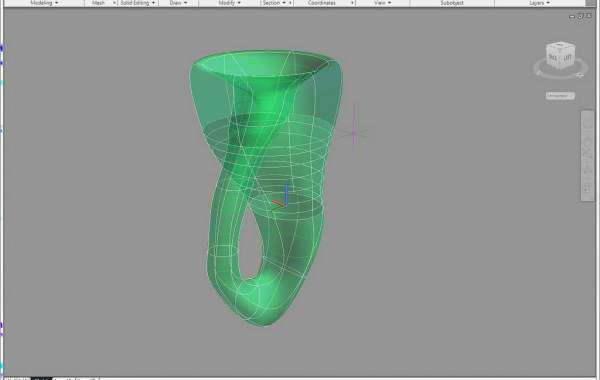Bipolar disorder is a mental health condition that causes extreme ups and downs in your mood. During one episode, you may have a high-energy mood called mania or a sad and hopeless feeling known as depression.
It's a serious illness, so it's important to get the right treatment. Treatment teaches you how to manage your episodes and helps prevent future ones.
Symptoms
Bipolar disorder symptoms include mood swings that can be a disruption to daily life. Sometimes you can have a very high feeling (mania), or a low one (depression).
Mania episodes may last for a week or more and usually involve changes in behavior, energy levels, sleep, thoughts, and activity levels. They can affect relationships, work, and other aspects of your life.
Some people experience milder manic-like symptoms that are less severe, called hypomania. They don't have the major problems with daily functioning that come with mania, but family and friends might notice they seem different to normal.
Psychotic features - Some people who have a manic episode also have disorganized thinking, false beliefs and/or hallucinations. These are a sign that a person has an episode of psychosis, and that the condition is more serious than hypomania.
Treatment for bipolar disorder includes medications and talk therapy (psychotherapy). It can also involve changing your daily habits, such as eating, sleeping, and exercising.
Diagnosis
A good bipolar disorder diagnosis starts with a visit to your doctor or mental health specialist. They will take the time to answer your questions, ask about your symptoms and perform a physical examination. They may also ask about your family history and any other medical conditions that could be causing your bipolar symptoms.
The most important question is how best to treat your condition. The best way to do this is through a combination of medication and talk therapy. Medications can help stabilize moods and prevent manic episodes from becoming depressive ones, while talk therapy helps you manage the slings and arrows of your bipolar disorder. Some people with bipolar disorder have a genetic predisposition to the condition, which is why it’s so important to get early treatment.
A good treatment plan will include medication and, perhaps most importantly, regular visits with your GP or primary care doctor to keep them in the loop about any changes in your symptoms or medications. A regular check-up with your doc will also help to minimise the risk of side effects from your medication. Keeping a daily mood journal can be a great way to track your symptoms and spot any triggers that might make your manic or depressive episodes worse.
Treatment
The treatment of bipolar disorder involves a combination of medication, psychological therapy and lifestyle changes. It’s best to work with a doctor who understands your treatment goals and supports you to stay on track.
Psychotherapy, also called talking therapies, aims to improve your understanding of the condition and teach you skills for managing it in the long term. It can be individual, group or family-focused.
Medication, such as mood stabilisers and antipsychotic medications, is often used to treat manic or depressive episodes. They can be used alone or in combination with lithium and valproate, an antiepileptic drug.
If you’re still having manic or depressive episodes, electroconvulsive therapy (ECT) is another option. ECT sends electrical currents to your brain, intentionally triggering a brief seizure.
Other treatments include interpersonal and social rhythm therapy (IPSRT). This therapy focuses on how day-to-day differences in your habits affect your moods, teaches you ways to control them, and helps you protect yourself from future mood episodes.
Prevention
Bipolar disorder is a chronic condition that requires lifelong treatment. That means keeping up with medications and using them in the right doses for you, your symptoms and your life situation.
It’s also important to consider a mental health support network and your personal care team. These will help you cope with day to day stresses and worries.
Your GP may also recommend an exercise routine to increase your overall wellbeing. A well-designed plan to manage your stress levels can be a great way to avoid an episode of mania or depression in the future.
In addition to a healthy lifestyle, it’s a good idea to keep a mood diary. By tracking your symptoms, you can identify triggers, monitor the effects of your treatment and spot any signs of a potential relapse. It’s also a good idea to sign up for a monthly telehealth chat with your GP or mental health support team. Often this will be free of charge.







